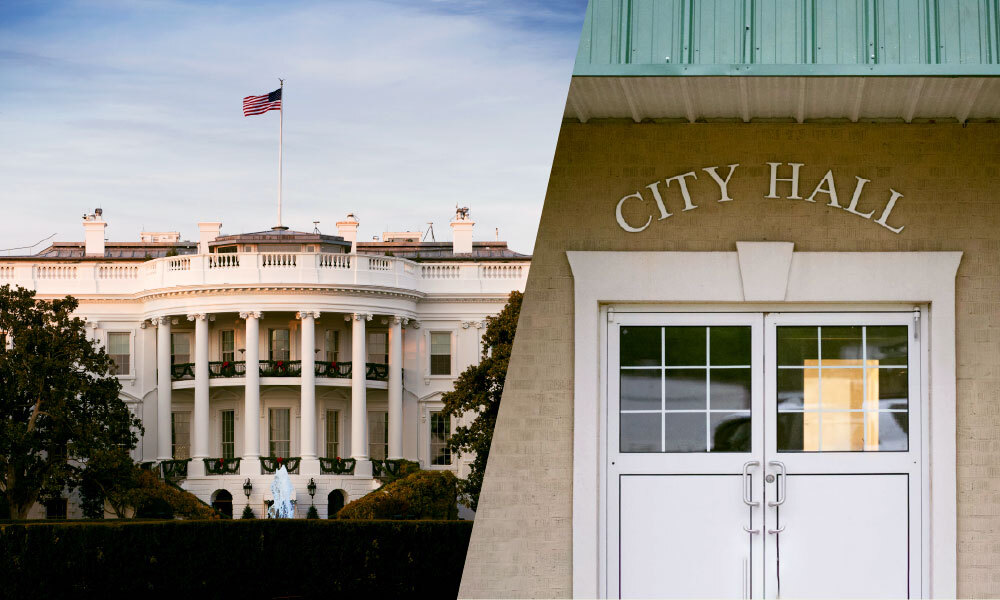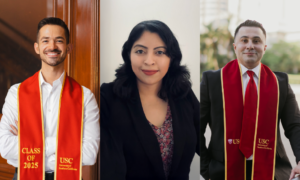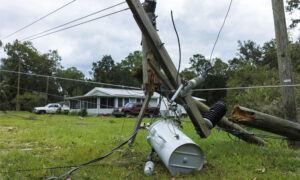Hotly contested mayoral elections grab local headlines and the attention of area voters.
But the man sitting behind the desk in the Oval Office is watching too.
That’s the gist of a recently published study by two USC Price School of Public Policy scholars that highlights how presidents from both parties strategically use federal funds to assist mayoral candidates who share their political affiliation and aims.
Previous research has focused mainly on either the federal-state or state-local relationship when it comes to presidents awarding federal block and project grants to boost the chances of their preferred candidates winning.

This new research examines direct grant-making between presidents and mayors in local election years, said co-author Jeffery A. Jenkins, Provost Professor of Public Policy, Political Science and Law at the USC Price School.
“It’s the first study to look at presidential particularism beyond the federal level to see whether grant dollars distributed by the federal executive branch is causally related to the timing and co-partisanship of mayoral elections,” said Jenkins, who co-authored the study with Heonuk Ha, his doctoral student from 2018 to 2024.
The pair’s study, “Presidential Particularism and Mayoral Elections,” was published online in the journal State Politics & Policy Quarterly in January 2025.
“I found the results of this research particularly interesting in two key aspects,” said Ha, who graduated last summer from the USC Price School with a Ph.D. in Public Policy and Management and now is a postdoctoral research fellow at the Institute for Social Research of the University of Michigan.
“One, the study demonstrates the influence of party alignment on the public policy process within a polarized political environment,” Ha said, “and two, it shows the growing significance of local elections and political actors in U.S. democracy.”
Large dataset studied
Jenkins and Ha had a large, 15-year dataset at their disposal to use as fodder for their study: 1,124 contested partisan local elections in 399 cities with populations of more than 50,000 between 2005 and 2020.
Jenkins and Ha found that the president distributed more block and project grants to swing cities with mayors of the same political party during mayoral election years. However, this did not occur in non-election years; instead, jurisdictions were rewarded with funds irrespective of their electoral value.
The study found a “significant increase” in the allocation of federal block and project grants during mayoral election years, with transportation and education grants leading the way.
“We believe the president’s electoral particularism – in the form of increased grant funding during election years with respect to timing – is strategic,” Jenkins and Ha wrote in their paper. “It is deployed where it will have maximum effect.”
Future research
Jenkins and Ha said future similar research should examine other local elections, such as city council, county executive, county legislature, sheriff, prosecutor, as well as members of school boards.
They also recommend that future studies examine regulatory policy since their paper only looked at federal spending allocation.





